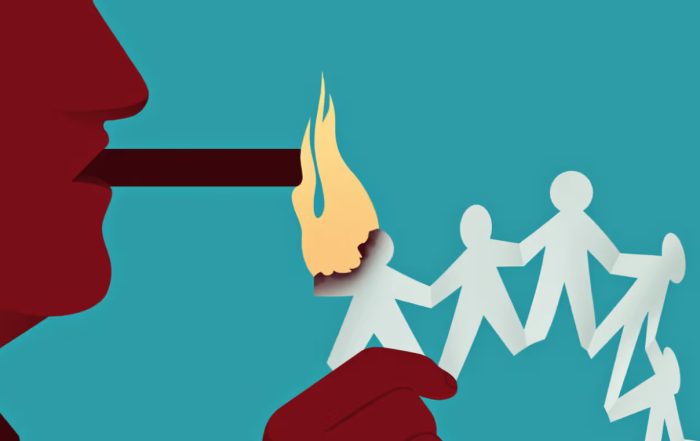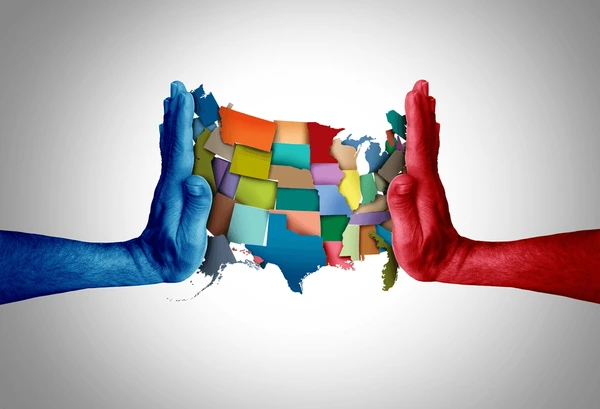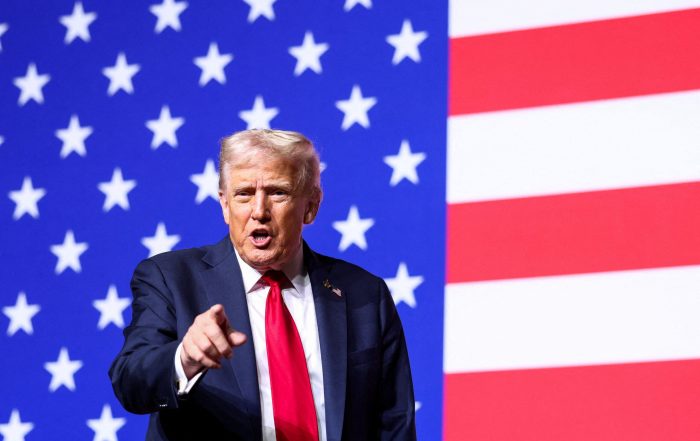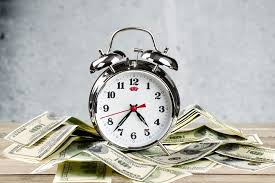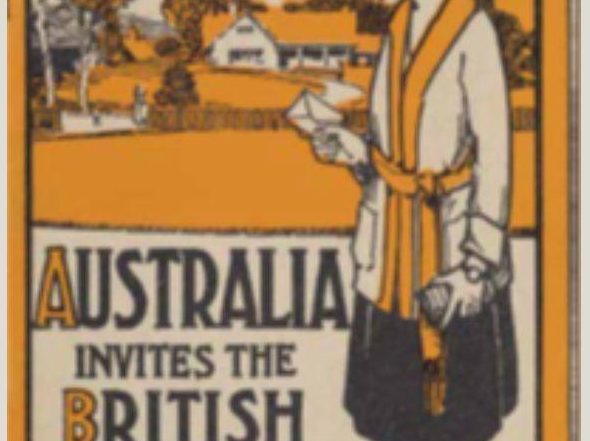Tariffs and Trump
The word Tariff was rarely heard pre-Trump. Now, it is on every headline. So why do tariffs exist, and how effective are they?
It may seem strange, but once upon a time, most of the tax revenue came from import tax or sales tax. Personal income tax only started contributing the bulk of tax revenue during the 20th century.
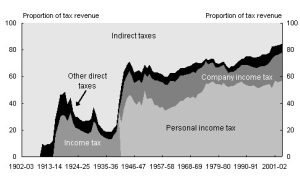
To encourage and protect Australian industry, for decades, we allowed Australian-produced goods to be sold tax-free and taxed the same item if it was imported. The result was that goods were more expensive than they should have been as the consumer eventually paid the tax on the imported products.
In retrospect, many industries should not have been developed in Australia. The local market was too small, and they did not lend themselves to export. The most prominent example was the car industry. Holden was the first to build a car that could not have competed on price had there been no import tax. The Productivity Commission would have had a heart attack if it had existed at the time.
The plus side was that it provided jobs for thousands of Australians and created many industries to support car manufacture. Some industries were Australian companies, and some were overseas companies that set up Australian subsidiaries—still more Aussie jobs.
From the mid-20th century, the world started to change. Shipping became more economical with the introduction of containers and container ships. Companies built products that would suit any part of the world. Industries consolidated, and bigger fish ate smaller fish. To compete, you needed to be big or be subsidised by a tariff.
We no longer make cars in Australia. There are no TVs produced. Clothing is mainly from Asia. No matter where you look, overseas-produced products usually dominate the market. Is it just a lack of tariffs? There are four key reasons.
Innovation. Research and development requires tens of millions of dollars. We do not have the ability to devote those sums. While the CSIRO do come up with winners like WiFi, Others developed the black box flight recorder, polymer banknotes, and the cochlear implant but they are few and far between.
Labor cost. We cannot compete with the cost of labour in developing countries. An Australian workforce is too expensive compared with a workforce being paid a fraction of their wages.
Automation and Scale. We automate many production centres but do not have the scale or capital to do it on an Amazon or Tesla scale. Automation equals lower costs.
Location. To produce in Australia may include shipping raw materials to this country and then shipping the finished goods to their final market. America has Canada on one side and South America on the other. Britain and Europe are close neighbours. China has China.
We have gone from a country that believed local industry could be supported by high tariffs to one where we recognise our limitations and act accordingly. Tariffs do not have a purpose and only add a cost to consumers.
Fortunately, Australia recognised the change towards free trade around the time of the Hawke/Keating government in the 80s and adjusted Australian trade policies to meet the new norm. Howard introduced the Goods and Services Tax to compensate for the revenue loss from tariffs. No matter where a product was produced, it paid the same government tax – 10% GST.
Now, Trump is trying to return to the world of tariffs from the early 20th century. It is a bowl of spaghetti. I race boats. Sometimes, if I am out of touch with the leader, I take a different course just in case there is a wind shift, or the wind may be stronger in another place. It usually doesn’t work as the leaders sailed a particular course because that is where the wind is generally stronger. Very occasionally, it does work, and I have won races that way. Maybe that is what Trump is thinking. Do something different and hope it pays off.
There is another theory. He has no intention of following through. They are all hollow threats to trade off something that will never happen for a concrete benefit for America—sort of a protection racket. Pay me, and I will not hurt you.
If he is serious about tariffs, and who knows from his track record of changing direction, does he really care about the impact on the cost of living for average Americans? Perhaps the answer is “No”. He cannot be re-elected at the end of his term, so there is nothing to lose politically. The government can only be cut back so much, so where does the revenue come from to fund tax cuts for the wealthy? The answer may be tariffs. If you look at what Trump might do in any situation, work out what will boost his ego, personal wealth, and respect from the faithful. You won’t go far wrong with those three criteria.
Who will stand up to him? Who will resist as he rolls out tariffs or demands to take over countries? China. Hopefully, we will impose like-for-like tariffs. If he hits Penfolds, we hit Jim Beam. Canada is already resisting. Mexico shows little inclination to fight back, although they have successfully increased their crackdown on Fentanyl production. Europe is realising that the days of NATO, including the USA, are numbered. I expect there will be a gradual withdrawal of trade between the USA and Europe over the next four years. Russia keeps playing games as they are good at doing. I suspect Putin is always about four moves ahead of Trump. Plenty of small countries have no chance in a trade war, so the response will be down to China, Europe, and perhaps Russia.
The final question I would like to raise is, what happens post-Trump? Is someone like Vance likely to be the next president? I think there will be so much damage inflicted by Trump the American voters will run back to the Democrats. Maybe the whole tariff structure created by Trump will be wound back and we will largely end up where we were a year ago.
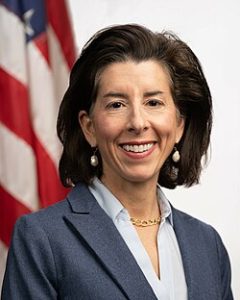 Whoever emerges from the Democratic ranks has a good chance of leading the pack. I would put money on it being Gina Raimondo. Who is she?
Whoever emerges from the Democratic ranks has a good chance of leading the pack. I would put money on it being Gina Raimondo. Who is she?
https://en.wikipedia.org/wiki/Gina_Raimondo
I have heard her interviewed twice, and she was extremely impressive both times. She gave up studying law and commerce to do a degree in philosophy. The impact of laws and economics seemed too removed from the impact on societies so she studied philosophy. In one interview I heard her asked about her administration of the multi-billion infrastructure fund created by Biden. She said her role was not to dispense the money. It was to keep the pigs away from the trough. My kind of politician.

